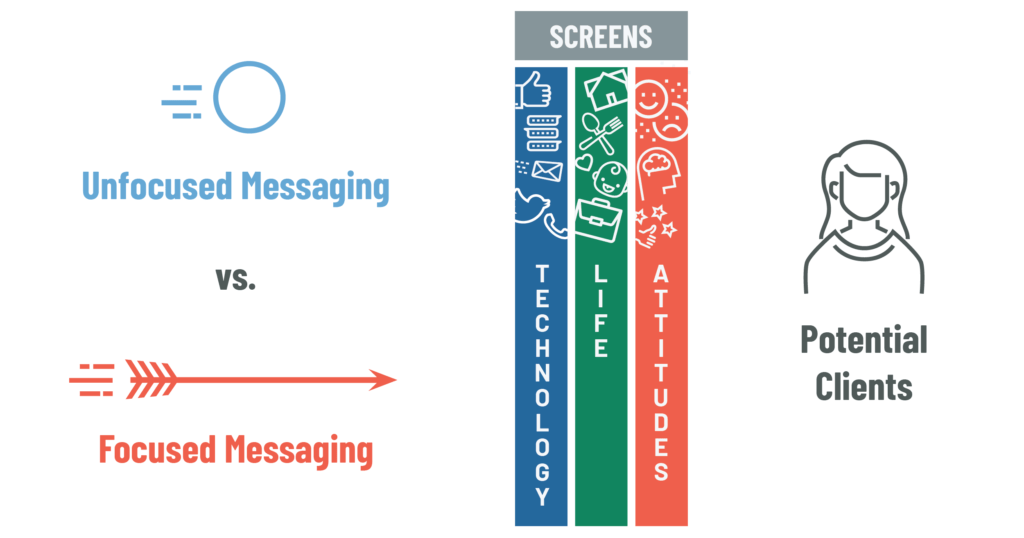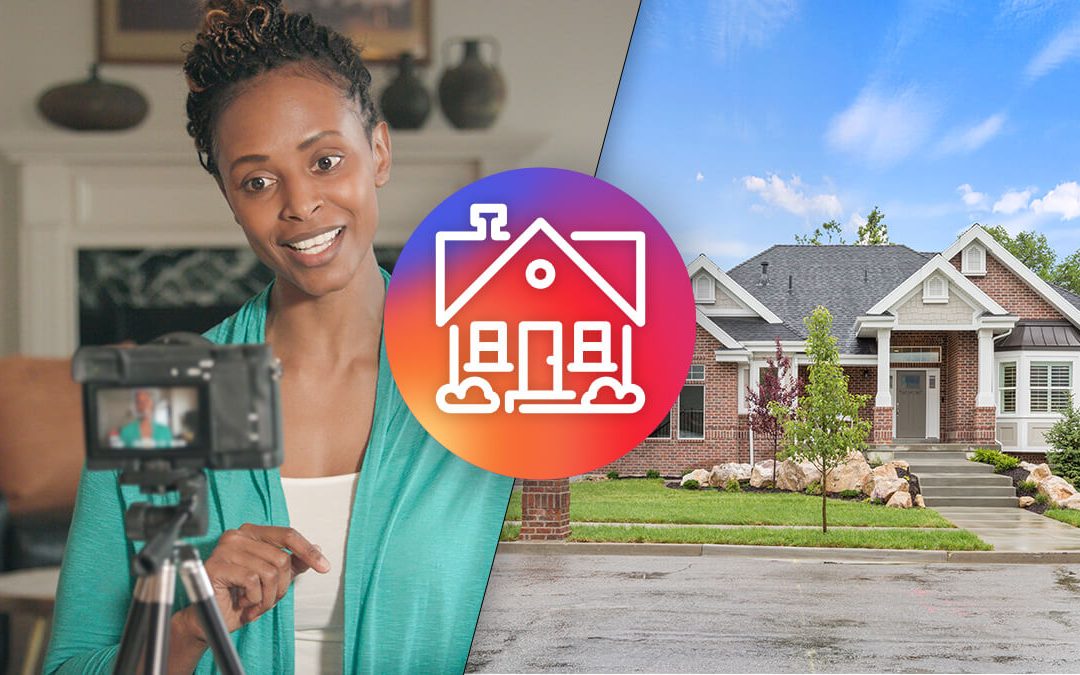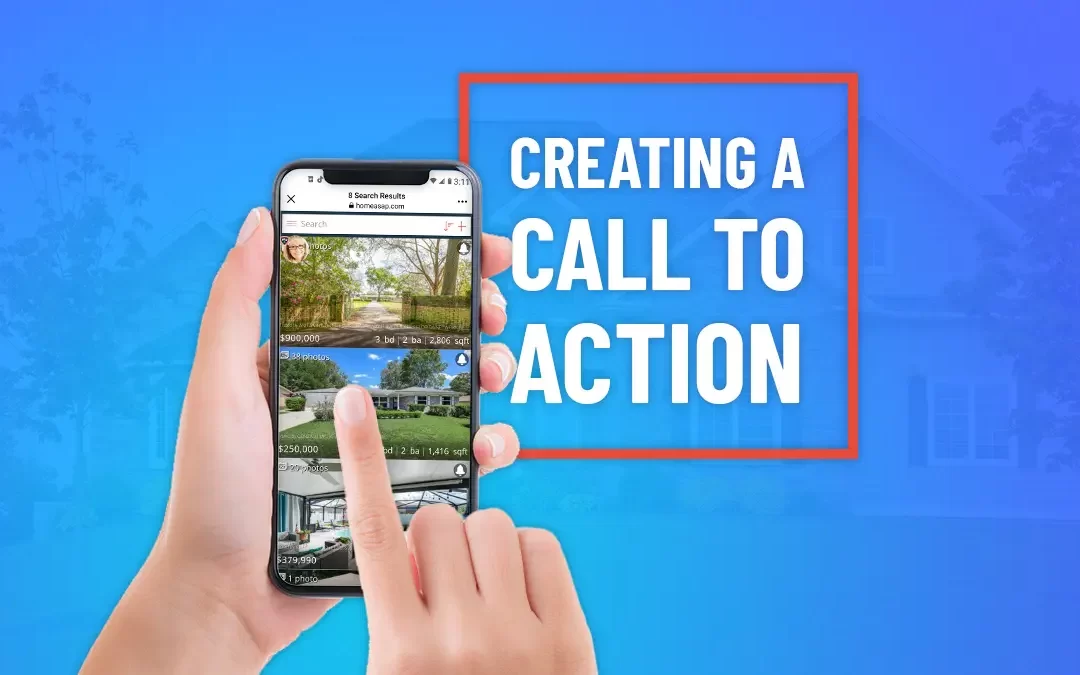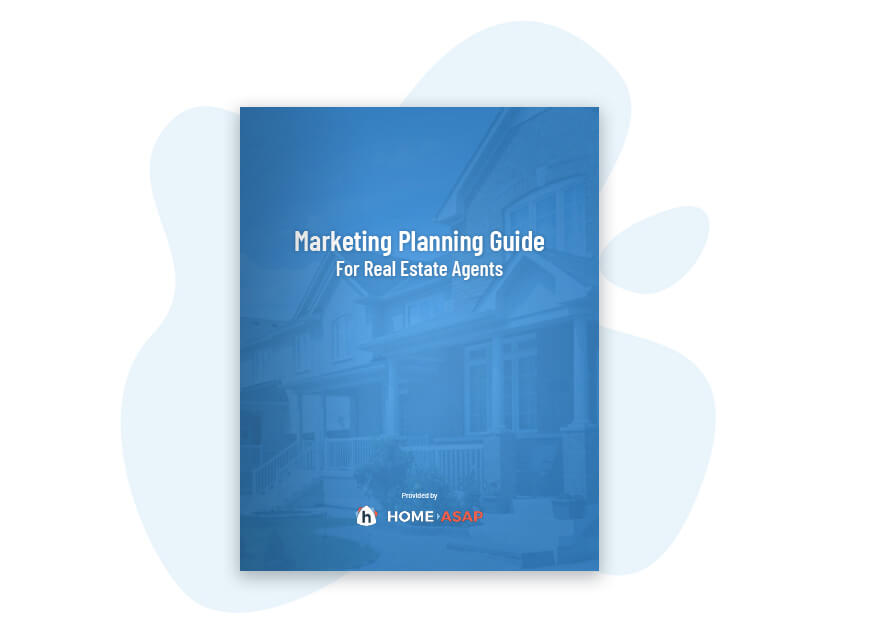Why Should Agents Worry About Real Estate Branding?
For many agents, just finding new leads seems like a full-time job in itself. Then when you get a lead, you have to carve out time for a showing or listing presentation – not to mention closings, open houses, phone calls, and everything else. You may think you don’t have time to worry about branding yourself as a real estate agent, but that would be a mistake.
More than ever, agents need a real estate branding strategy to reach new clients and keep their lead pipelines full. With just a click, potential clients have instant access to dozens of agents, so it’s easy to get lost in the crowd. Plus, the iBuyer trend threatens to transform the industry and client expectations even further. Agents who can clearly communicate their brand to modern audiences will thrive while the rest fall behind.
Jump to a Section
- Understanding the Modern Audience
- Breaking Through Potential Clients’ Screens
- Building Your Brand as a Real Estate Agent
- Consistent Details In Your Real Estate Branding
- Multiple Touchpoints
- Stay True to Yourself
- Sustaining Your Real Estate Branding Success
- Free Marketing Planning Guide for Real Estate Agents
Understanding the Modern Audience
Before crafting a real estate agent brand strategy, you should understand who you’re talking to. Many agents can build rapport with clients in one-on-one interactions, but they struggle to get to that point. They simply can’t break through the noise of modern life.
Americans have hundreds of things competing for our attention. For starters, people have to contend with the demands of daily life such as their health, families, and work, but technology adds an extra layer of distraction. Most adults (79%) keep their smartphones with them at least 22 hours a day. Just imagine the number of notifications, posts, and e-mails that pop up on those screens!
With so much information coming in, humans can’t possibly pay attention to everything, so our brains create systems for handling what gets our attention. We can think about these systems as screens that filter out unimportant information so we don’t get overwhelmed. Our marketing has to pass through several screens just to get our attention, let alone get us to act.
Breaking Through Potential Clients’ Screens
Most real estate agents fail to set themselves apart from other agents in any meaningful way. They offer what every other agent has to offer: someone who can help them buy or sell a house. They try to be everything to everyone because they’re afraid of alienating potential clients. As a result, they aren’t memorable.
This unfocused marketing strategy is like throwing a softball at people’s screens. These agents have to throw that ball extra hard to actually break through the screens and reach people. In other words, they have to spend more money or depend on others to gain new clients. For instance, they may buy expensive leads from Zillow or get leads on the strength of their brokerage.

Focused brand messages break through the noise of every day life.
In contrast, focused marketing with a consistent point cuts through our clients’ screens. With enough time, focused marketing wedges itself so deeply in people’s minds that they automatically think of us when thinking of real estate. This automatic association lies at the heart of personal branding, and it sets us up for sustained success.
Building Your Brand As a Real Estate Agent
Long-term success doesn’t happen overnight, and no one should expect to build his brand overnight either. Brand building starts with finding your niche. In other words, what unique value does a client gain by working with you over another real estate agent?
For instance, some agents know a particular neighborhood so well that they become an area expert. Others have keen negotiation skills, so they brand themselves as an advocate who protects their clients. Perhaps, you specialize in a certain type of property such as luxury homes. Remember, you can still handle transactions outside your specialty, but you want to anchor yourself to a place in people’s minds.
Consistent Details In Your Real Estate Branding
Once you find your niche, you can actually start building your brand as a real estate agent. Consistency is key here. Ideally, you should always send the same message about who you are as an agent in every communication. This includes both what you say and how you say it.
Most people already relate branding with visual elements like logos and colors, so this can be a good way to start. Choose a font and color scheme that matches the image you’re trying to build. For instance, if you are trying to be the local expert in a historic area, you probably shouldn’t choose a modern font and neon colors. Once you’ve chosen your fonts and colors, try to use these consistently across your websites, social media, and e-mail.
Just as importantly, you should try to create a “brand voice.” That means your wording should reinforce the image you’re trying to create. So again, if you’re the neighborhood expert you should speak with authority about local topics and demonstrate your local knowledge where you can. For example, you can flavor your listings descriptions with local references or share videos where you talk with local business owners.

Which company looks more dependable based on the font?
Multiple Touchpoints
As I said before, repetition helps you establish (and maintain) your brand. You can make these touches even more effective by mixing up where and how you interact with potential clients. Each person has unique communication preferences, so you improve your odds of reaching potential clients at this stage by casting a wider net.
First, you need to make it easy for potential clients to discover you. For instance, you should have a Facebook business page so that you appear when people search for related topics. If you don’t feel comfortable doing this yourself, services like Page Create can do it for you. You can also take advantage of free listing services like the Real Estate Agent Directory. Again, be sure that you keep a consistent brand image across all these channels.

A sample agent page with a cohesive brand.
Once you’ve made yourself more discoverable, you’ll also want to reach out to new people. Usually, advertising will be the most effective way to do this. Creating valuable content can introduce you to new audiences, too. For instance, you might create a neighborhood guide book or film how-to videos. Valuable content attracts people, and they can connect you with when a topic interests them.
Stay True to Yourself
You’ll have a much easier time projecting a consistent image if it reflects who you really are. If you are naturally reserved, don’t portray yourself as bubbly and talkative. Or maybe you’re not actually that knowledgeable about a certain neighborhood. You’ll need to spend more time there and learn about its history before branding yourself as an area expert.
Nothing turns potential clients off faster than when expectations do not match reality. In fact, recent surveys show that Millenials especially value authenticity. So instead of pretending to be something you’re not, reflect on your strengths as an agent, and choose a quality that you can build your brand around.
Sustaining Your Real Estate Branding Success
Building your personal brand as a real estate agent takes time, but your work now builds a foundation for exponential success. As more people buy into your message, they can create word of mouth buzz that reinforces your branding.
Fans of Apple products demonstrate the value of creating brand advocates. While you probably won’t have fans that create blogs and videos about you like Apple, you can garner fans who write reviews, share your Facebook posts, and tell their friends when they need a real estate agent. These people give your brand credibility that you can’t get anywhere else.
So while real estate branding takes a lot of effort, you can’t afford to ignore this aspect of your business. Intentional or not, you will create a public image. Planning a brand strategy just lets you take control over what kind of image it will be. Even better, your branding strategy gives you one more advantage over all the agents who never give their personal brand a thought.
Popular Articles
House Flipping: Tips from the Experts
House flipping is a real estate investment strategy that has caught the attention of entrepreneurs and real estate enthusiasts. To succeed in house flipping, investors must find properties with hidden potential that they can transform through smart and strategic...

Virtual Home Tours on Social Media: Tips for Success
Property agents know that the key to a successful sale is often hosting an open house. Traditionally, open houses have been in-person events held at the property, and therefore subject to limited flexibility to cater to the busy combined schedules of owners, agents...

Creating Calls to Action for Real Estate
Picture this. You've finally got homebuyers' attention with an amazing Facebook post. They click the link to your Facebook business page. They're instantly impressed with the beautiful cover image and your professionalism, and yet nothing else happens. Your potential...

5 Ways To Leverage Property Data In Real Estate Marketing
Not so long ago, the bulk of decisions made within the real estate industry relied heavily on anecdotal information and gut feeling. Not surprisingly, some of these decisions didn't hit the mark and proved costly. These days, thanks to big data and advanced data...



